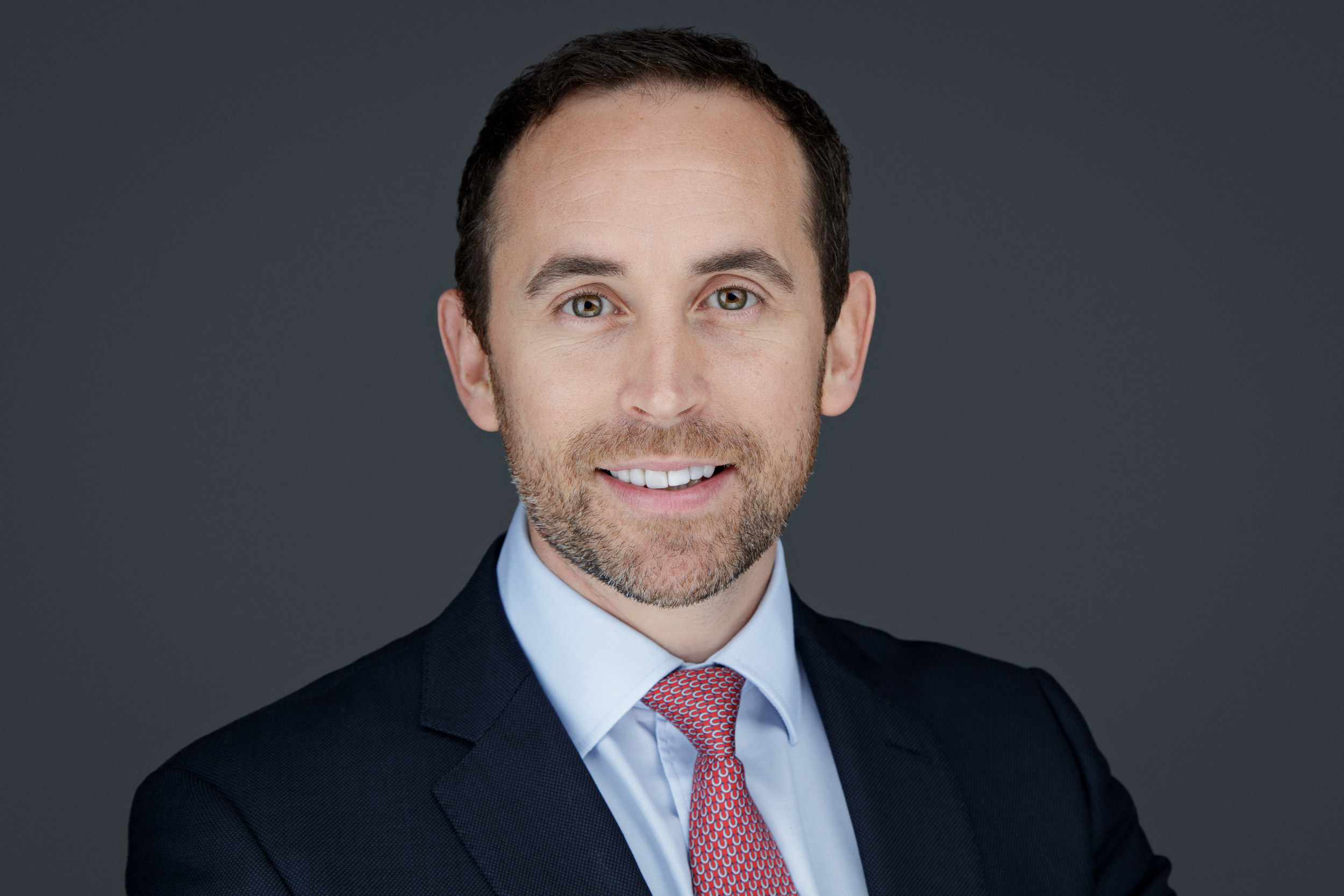
As I write, we’re about to start the second and final week of the 26th United Nations’ conference on climate change – or COP26, for short – in Glasgow.
Over the course of the opening few days, the importance of the event in devising a concerted approach to limit man’s negative impact on our planet has been put in stark terms.
Sir David Attenborough, for instance, said the opportunity to focus on solutions to check rising temperatures and sea levels as a chance to “turn tragedy into triumph“.
Whilst much of the attention devoted by news media to the event has focused on the contributions made by the heads of government and celebrities such as Sir David or the movie star and environmentalist Leonardo DiCaprio, it’s worth noting how the business community – including the insurance industry – has been involved.
After all, insurance is arguably one of the sectors most exposed to the realities of climate change, circumstances which the World Meteorological Organisation has noted are transforming the world “before our eyes”.
The amounts paid out by insurers over the first half of this year alone because of natural disasters amounted to £31 billion – the highest sum since 2011, when an earthquake and tsunami off the coast of Japan caused the Fukushima nuclear disaster.
I would argue that any suggestion environmental disasters are somebody else’s problems – issues for politicians and big business to resolve – is increasingly falling on deaf ears.
Take the results of a survey conducted by the Office for National Statistics (ONS) in recent weeks.
Three-quarters of the UK population expressed real concerns about the affects of climate change.
Those findings echo what’s being said by business.
Every business has something known as a risk register – a priority list of the various challenges which they face – which forms the basis of their strategies for dealing with potential difficulties.
In previous generations, those registers remained relatively consistent, with financial, regulatory or statutory and legal threats all featuring prominently.
However, we have started to see a significant shift. Only a couple of years ago, a growing incidence of cyber crime, such as hacking, saw it raised as a cause for worry by more and more clients.
Now, though, environmental hazards are increasingly cited as one of the main worries by companies of all sizes, something highlighted in September by the latest edition of an annual ‘future risks report’ compiled by the insurer AXA.
Insurers efforts to meet the climate change challenge so far have come in for intense scrutiny and no little criticism.
For example, one event staged last Wednesday – designated ‘finance day’ at the COP26 conference – pressed the insurance industry to use its “unique power to drive the transition to a low-carbon economy“.
That, in my opinion, overlooks the strides already being made by insurers.
This summer, the Association of British Insurers (ABI) launched its ‘climate change roadmap’, setting out new targets, investment and innovation as well as what it boldly described as “a revolution” in products and services.
That departure had been preceded by Aviva announcing its own plans to be the world’s first major insurer to be carbon neutral by 2040.
Brokers too have a key role to play by working with corporate clients in a wide range of different business sectors to help them determine how best to treat the various environmental risks which confront them.
Some choose to do so by reducing their exposure to such dangers in whole or in part, accepting the possible financial implications or instead passing the risk to insurers by exploring an expanding portfolio of environment-related policies.
Of course, insurance cannot address these concerns in a vaccum.
As a letter from an 80-strong group of British businesses – including a number of major insurers – made clear in the lead-up to the start of COP26, there needs to be “strong domestic leadership” from Prime Minister Boris Johnson and his colleagues in Westminster.
Just as there are many escalating threats posed to the world by climate change, so the response of the insurance industry is itself evolving.
This is a situation which no-one involved in insurance – private and commercial clients, brokers or insurers – can afford to ignore.
No-one should assume that the will to act on the guidance from such learned experts as Sir David Attenborough and make a critical difference is not there.
With more information and collaboration, I would like to think that we can address the issue successfully. That we need to do so for this and future generations is not in doubt.

Written by Daniel Lloyd-John, Chief Executive, Broadway Insurance Brokers
